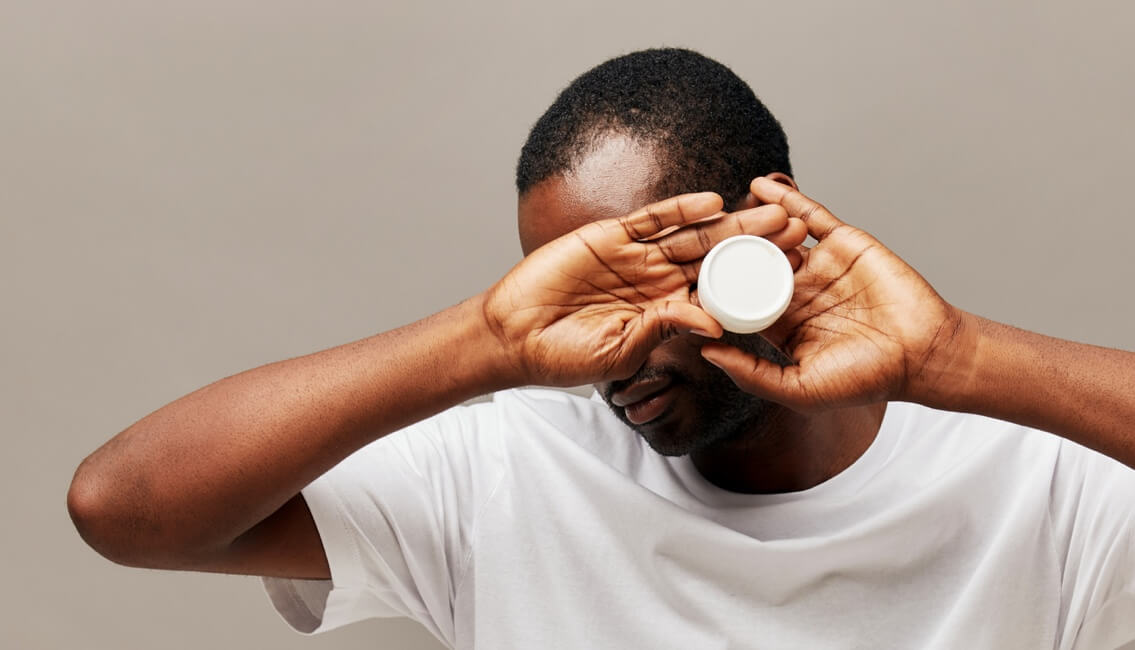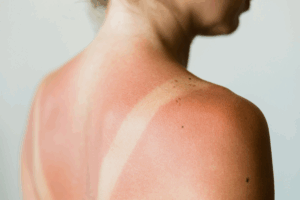Read Full Article Here5 things you wish you’d done in your 20s for better skin in your 40s
Wrinkles and dark spots can instigate a moment of reflection: what if we had taken better care of our skin when we were younger? Time travel isn’t an option, but neither is regret, according to Dr. Jennifer Holman of U.S. Dermatology Partners. “The best time to start a skincare regimen is the present. We need to care for our skin differently at each stage of life to ensure we can age gracefully, and more importantly, prevent serious skin health concerns,” Holman says.
In addition to investing in Apple and ditching the brow tweezers, here are the top five things we’d tell our past selves for better skin in the future.
01 SPF = BFF
Sunscreen awareness has come a long way in the past decade, but dermatologists still feel the need to put the message on repeat. “At any age, the best thing you can do for your skin is to avoid cumulative damage caused by exposure to UVA/UVB sun rays,” Holman says. She recommends daily use of an SPF 30 or higher that’s reapplied throughout the day, especially when you’re outside or in the water. “Choose broad-spectrum sunscreens that protect against UVA and UVB wavelengths and contain the physical-blocking ingredients zinc oxide or titanium dioxide.”
Another tip for youthful skin? Take sun protection one step further by investing in a wide-brimmed hat and UPF clothing. “The more steps you take to protect your skin from sun damage, the longer you can keep your skin healthy and looking youthful.”
02 Retinol at the ready
Don’t sleep on the retinol. “Your 20s are a great time to introduce retinoids into your daily skincare routine to improve the firmness and density of skin (and correcting) pigmentation irregularities from sun damage,” advises Holman. She recommends using an over-the-counter retinol two to three nights a week. But using retinol isn’t just a tip for youthful skin—it can also help with acne. If you’re looking to clear up acne-related skin concerns, Holman recommends talking to your doctor about a prescription retinoid cream.
[03-04…]
5 Things You Wish You’d Done in Your 20s for Better Skin in Your 40s
June 22, 2021








